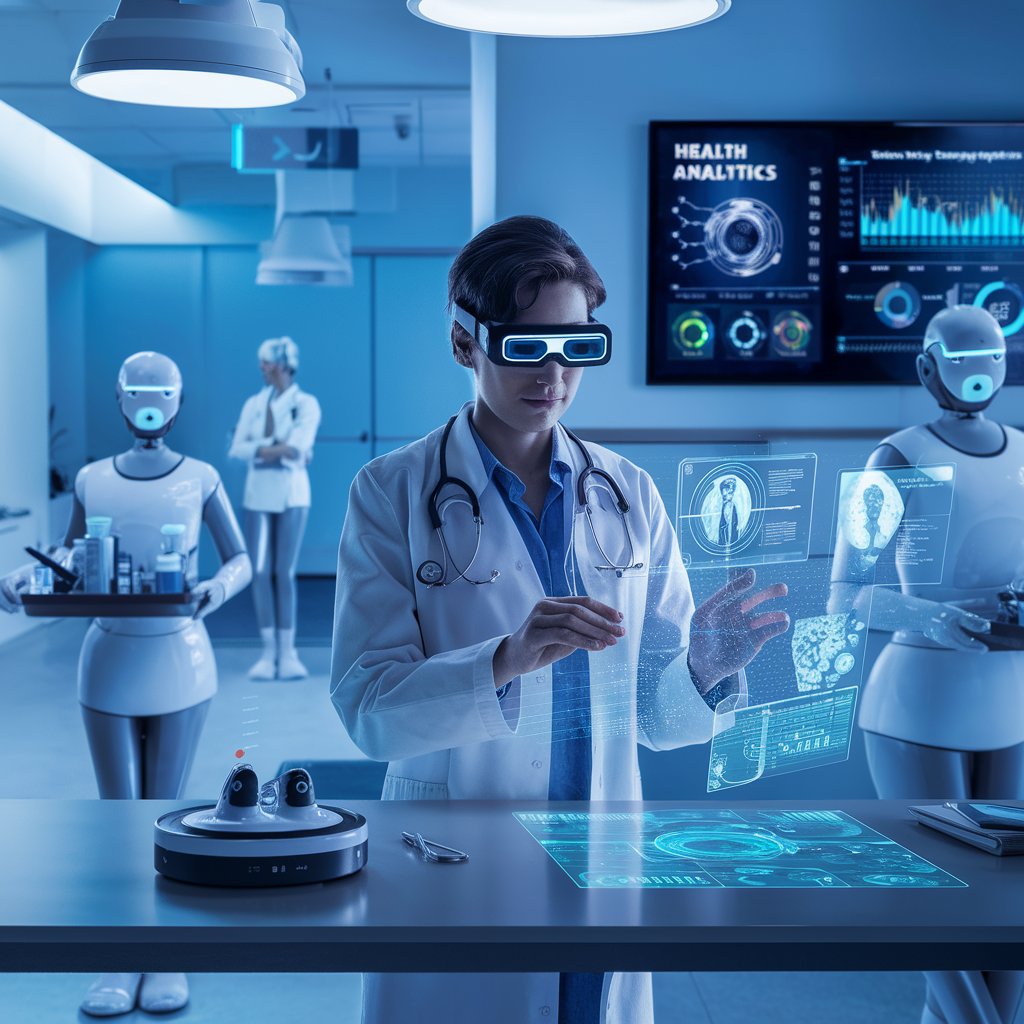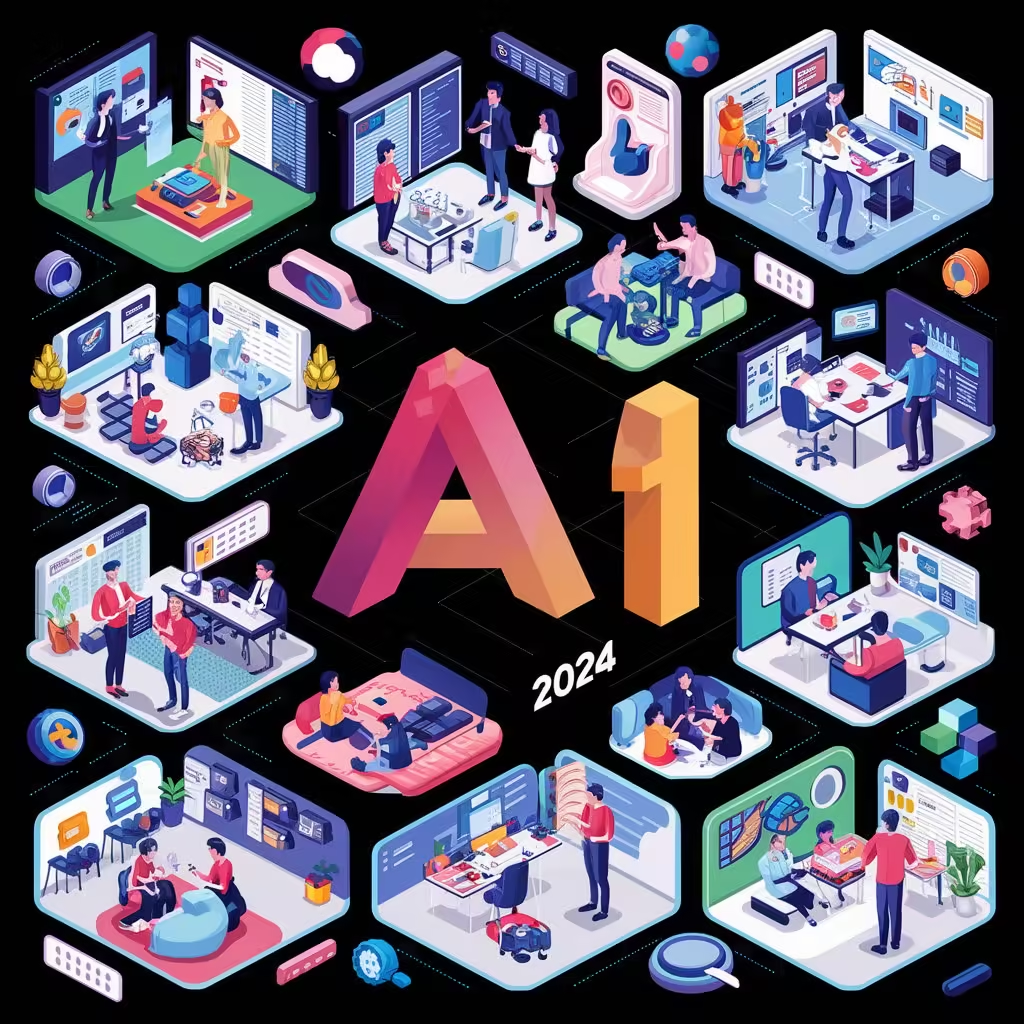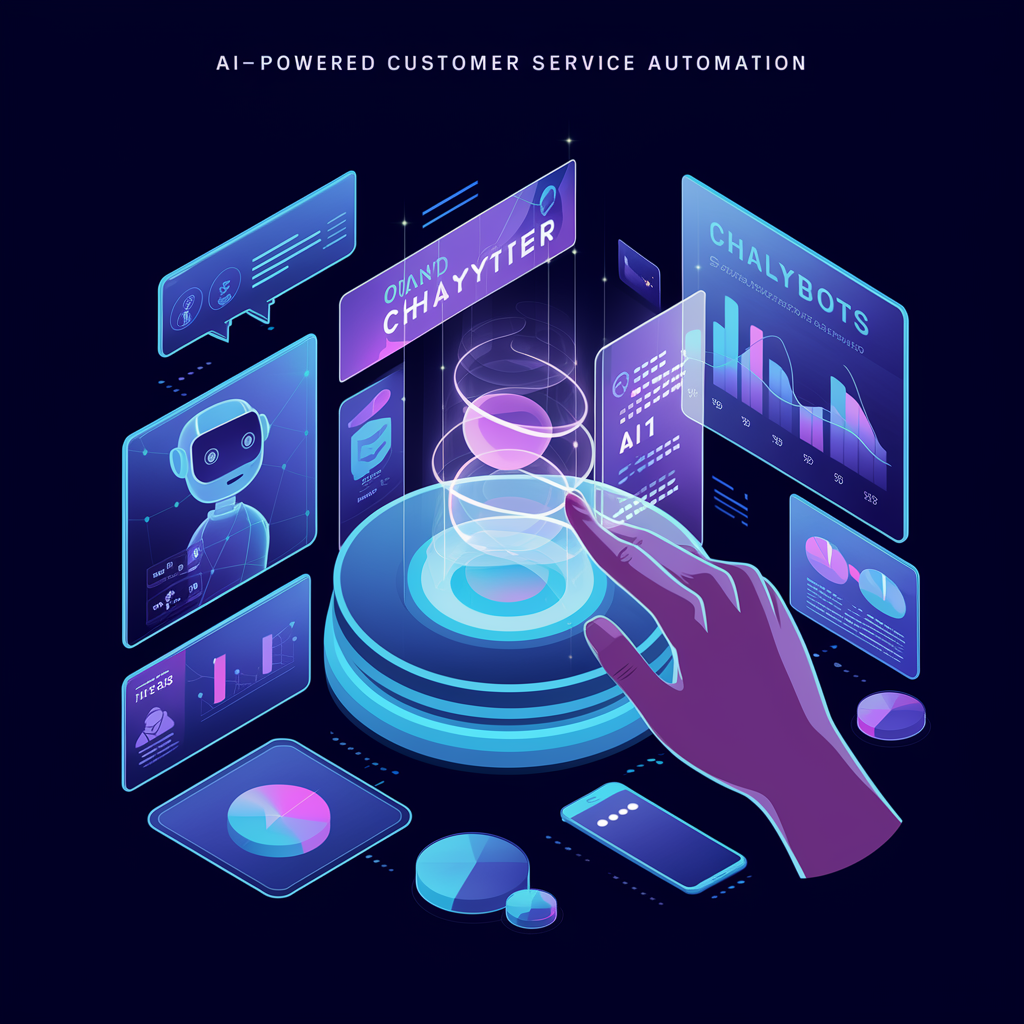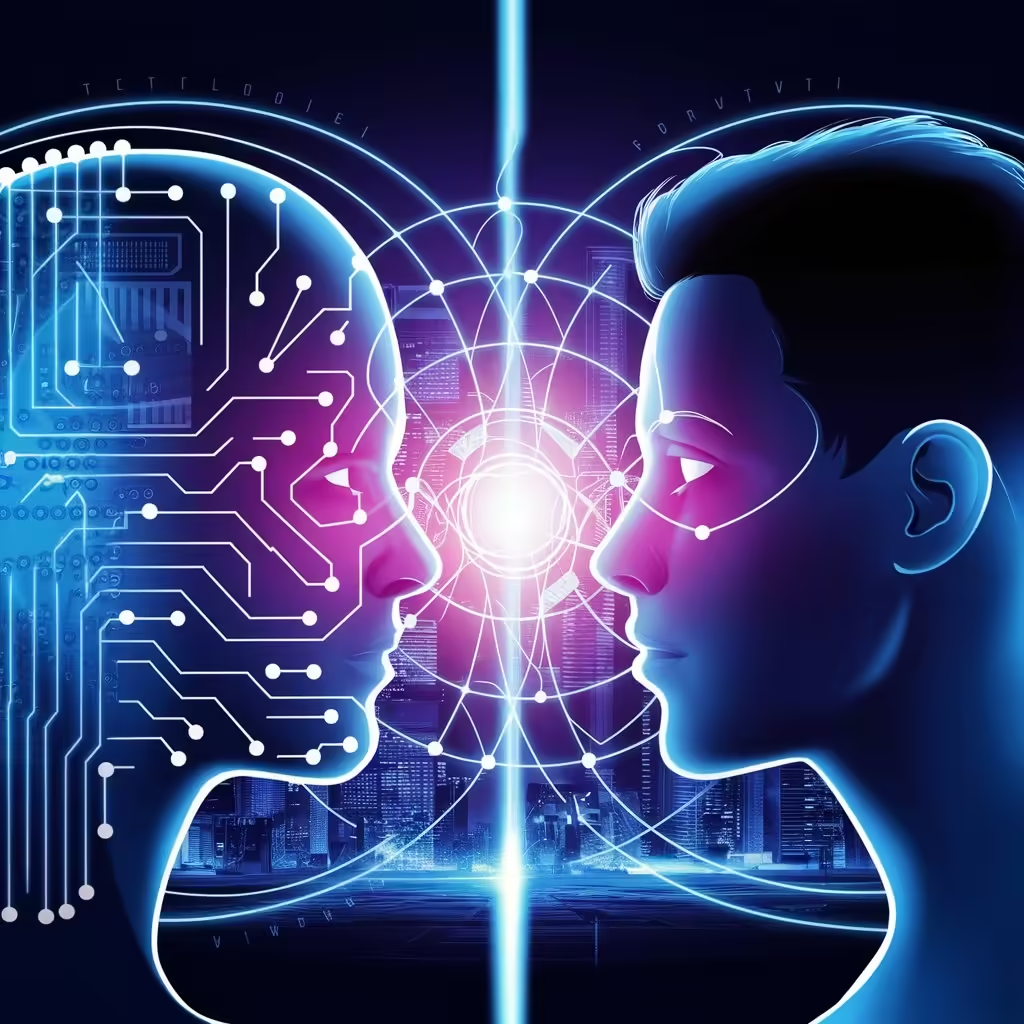Introduction
Artificial Intelligence (AI) is rapidly transforming industries worldwide, with healthcare being one of the most impacted sectors. The integration of AI in healthcare promises to enhance patient care, streamline operations, and drive significant innovations in diagnostics and treatment. In this post, we’ll explore how AI is revolutionizing healthcare, focusing on key innovations and future trends that young professionals in urban areas should watch closely.
Table of Contents
AI-Powered Diagnostics
AI-powered diagnostics are revolutionizing how diseases are detected and treated. By analyzing vast amounts of medical data, AI algorithms can identify patterns and make accurate predictions about disease presence and progression. This capability significantly improves early detection, which is crucial for conditions like cancer, where early intervention can save lives.
One notable example is the use of AI in detecting diabetic retinopathy. Google’s DeepMind has developed an AI system that can analyze retinal scans and identify signs of diabetic retinopathy with an accuracy comparable to human specialists . This technology allows for earlier diagnosis and treatment, potentially preventing blindness in diabetic patients.
Personalized Medicine
Personalized medicine tailors treatment plans to individual patients based on their genetic makeup, lifestyle, and environment. AI plays a critical role in this approach by analyzing genetic data and predicting how patients will respond to specific treatments. This ensures that patients receive the most effective therapies with minimal side effects.
For instance, IBM Watson for Oncology uses AI to analyze patient data and provide personalized treatment recommendations for cancer patients. By comparing a patient’s genetic profile and medical history with a vast database of clinical research, the system can suggest the most effective treatment options .
AI in Medical Imaging
Medical imaging is another area where AI is making significant strides. AI algorithms can analyze medical images, such as X-rays, MRIs, and CT scans, more quickly and accurately than human radiologists. This speeds up diagnosis and reduces the likelihood of human error.
A notable advancement in this field is the development of AI algorithms that can detect lung cancer in CT scans. A study by the Radiological Society of North America showed that an AI model developed by Google Health outperformed radiologists in detecting lung cancer, demonstrating the potential of AI to enhance diagnostic accuracy and save lives .
Virtual Health Assistants
Virtual health assistants (VHAs) are AI-powered tools that provide patients with personalized health advice, appointment reminders, and medication management. These assistants use natural language processing to interact with patients and can help manage chronic conditions, improving patient outcomes and reducing the burden on healthcare providers.
An example of a VHA is Babylon Health’s AI-driven app, which provides users with medical advice based on their symptoms. The app can also schedule appointments with doctors and remind patients to take their medications, offering a convenient and efficient way to manage health .
Predictive Analytics for Patient Care
Predictive analytics involves using AI to analyze historical data and make predictions about future outcomes. In healthcare, predictive analytics can forecast disease outbreaks, patient admissions, and the likelihood of complications. This helps healthcare providers allocate resources more effectively and improve patient care.
For instance, Mount Sinai Health System uses AI-powered predictive analytics to predict which patients are at risk of developing sepsis, a life-threatening condition. By identifying at-risk patients early, healthcare providers can intervene sooner, improving survival rates .
Challenges and Ethical Considerations
Despite its potential, the use of AI in healthcare comes with challenges and ethical considerations. Issues such as data privacy, algorithmic bias, and the need for rigorous validation of AI systems must be addressed to ensure patient safety and trust.
Data privacy is a significant concern, as AI systems require access to vast amounts of personal health data. Ensuring that this data is securely stored and used ethically is crucial. Additionally, AI algorithms can inadvertently introduce biases if trained on unrepresentative datasets, potentially leading to unequal treatment outcomes.
Future Trends in AI Healthcare
Looking ahead, several trends are poised to shape the future of AI in healthcare:
- AI-Driven Drug Discovery: AI is accelerating the drug discovery process by predicting which compounds will be effective against specific diseases. This reduces the time and cost of bringing new drugs to market.
- Robotic Surgery: AI-powered robots are enhancing surgical precision and reducing recovery times for patients. These robots assist surgeons in performing complex procedures with greater accuracy.
- AI in Telemedicine: The COVID-19 pandemic has accelerated the adoption of telemedicine. AI can further enhance telemedicine by providing real-time diagnostic support and personalized treatment plans.
Conclusion
AI is revolutionizing healthcare by improving diagnostics, personalizing treatments, and enhancing patient care. While challenges remain, the potential benefits of AI in healthcare are immense. As AI continues to evolve, young professionals in urban areas should stay informed about these innovations and trends, as they will play a crucial role in shaping the future of healthcare.
AIInDepth.com: Your go-to source for insights and trends in AI and technology.




